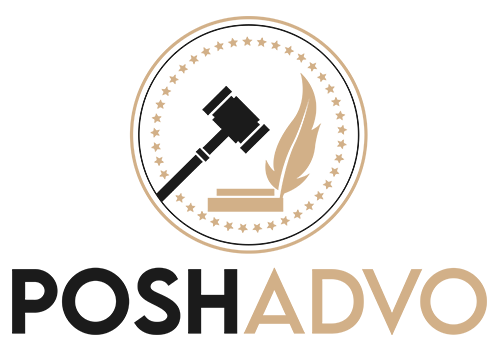The Sexual Harassment of Women at Workplace (Prevention, Prohibition and Redressal) Act, 2013, popularly known as the POSH Act, was passed by the Indian government in 2013. The Act makes an organisation and the employer accountable for taking action to stop sexual harassment situations at work. The Act also specifies a number of requirements for entities to comply with the Act. One of them is educating every employee in the company about their POSH obligations through training programmes and other activities. Conducting such trainings at least twice a year is advised.
First, POSH training must be done in accordance with regulatory requirements. If the law is not obeyed, the organization could face severe penalties, including a fine of INR 50,000 for a first offence and the cancellation of its business license for subsequent offences. Furthermore, simply having a legislation does not assist. Many times, even after feeling uncomfortable or violated, women wonder whether a particular action qualifies as sexual harassment. Therefore, it's crucial for employees to understand what constitutes sexual harassment in the workplace and what doesn't.
Additionally, workers need to know what to do if one of their coworkers is being sexually harassed. These problems can be addressed by POSH training that is successful. A step toward securing equality at work and safeguarding the rights of female employees is the organization of POSH training. No of their gender or position, all employees must receive training.
The training is required for every employee in the company, including managers, directors, IC members, human resource specialists, and staff members. One-size-fits-all training, however, is ineffective. A common legal education is crucial. Additionally, role-specific training must to be provided. For instance, Internal Committee members must complete specialized training on the inquiry process and redressal mechanism (IC is the institution that will investigate and redress sexual harassment complaints within the organization).
The entire organization's personnel will be served by the training. All staff members, regardless of gender or position, need to be aware of the following:
- The definition of sexual harassment and what falls outside its parameters.
- What are the rights of the complaint, responder, and who are they?
- What do the terms "workplace," "employee," and "employer" mean with regard to the POSH Act?
- IC, its duties, and the names and contact information of IC members of their company.
- Ways to make a complaint
- The penalties for sexual assault
- Guidelines for preventing virtual/online sexual harassment
- Things to remember to stop sexual harassment that stems from intimate relationships
- The repercussions of submitting a fabricated complaint with malice
- Resulting from retaliation
- The obligations of a person who has witnessed sexual harassment








0 Comments